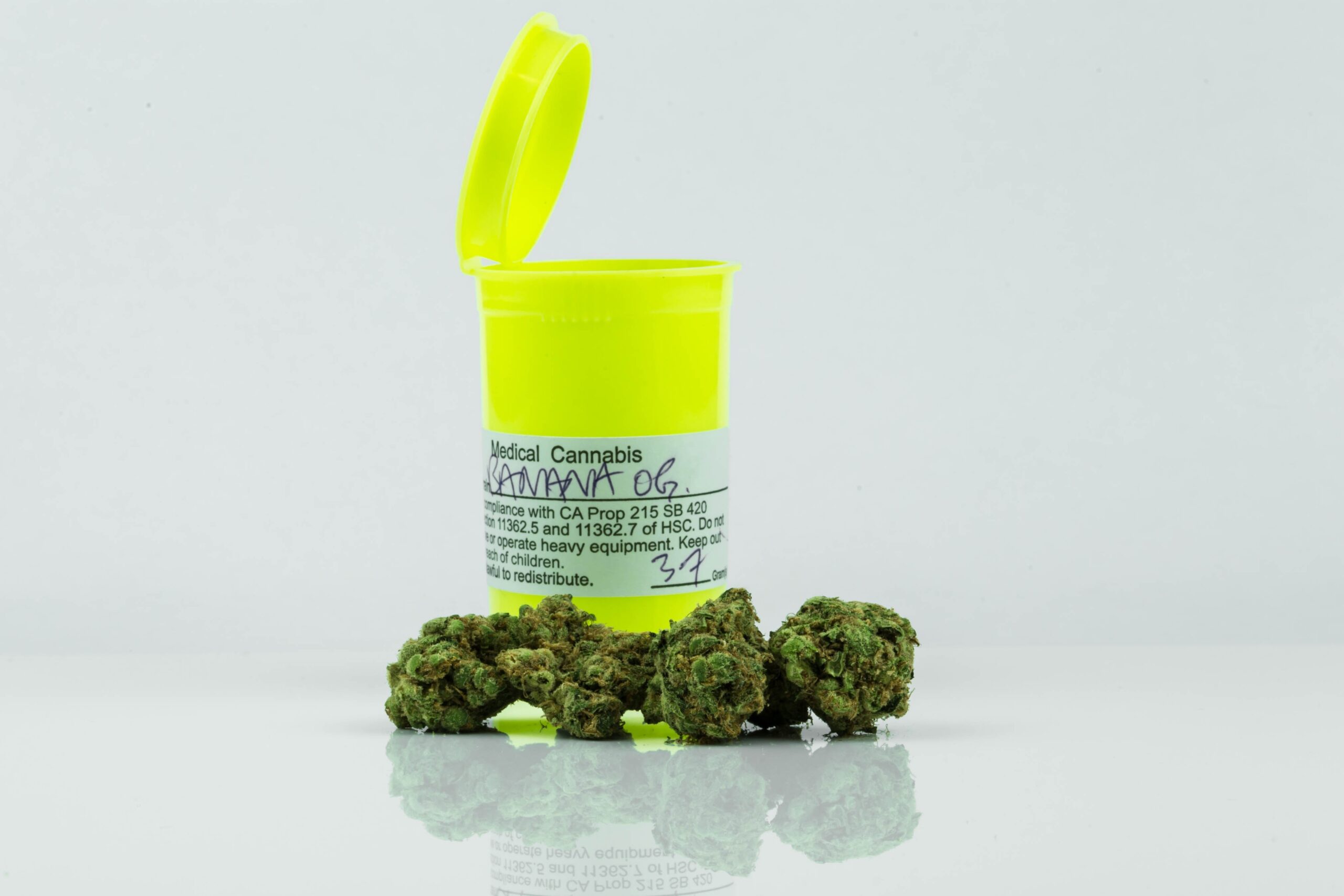In 2015, North Carolina legalized a restrictive medical marijuana law known as the North Carolina Epilepsy Alternative Treatment Act, or HB 766. Under this Act, individuals diagnosed with intractable epilepsy can legally use marijuana products containing less than 0.9% of THC, and at least 5% CBD, by weight.
To acquire such authorization from the North Carolina Department of Health and Human Services (“NCDHHS”), a patient with intractable epilepsy must obtain a recommendation from their neurologist to use this medication to treat the condition. However, since the Act does not contain guidance for medical marijuana identification card issuance to patients, the NCDHHS does not require patients to register for cards. Only caregivers are required to register with the NCDHHS.
Although this was a step in the right direction, the Act did not provide a regulatory framework for the establishment of medical marijuana dispensaries in the state, nor did it specify how qualified patients and/or their caregivers could obtain such products. Due to the lack of state and agency guidance, qualified patients are limited to purchasing hemp-derived products within the state’s borders, which can only contain a maximum of 0.3% THC.
Since 2015, there have been numerous attempts to establish a medical marijuana program in the “Tar Heel State.” Currently, the House is debating on whether to pass a Senate-approved bill, which would implement a regulatory framework to not only set forth a list of qualifying conditions and method for patients to acquire a state-regulated medical marijuana card, but also provide ten (10) licenses to competitive applicants to permit them to conduct seed-to-sale operations, including establishing up to (8) medical marijuana dispensaries per license. Under SB 3, it would allow patients diagnosed with diseases like cancer, epilepsy, Crohn’s disease, Parkinson’s, PTSD, and ALS to be able to access medical marijuana for their treatment. As this is the second time the Senate has approved a medical marijuana bill, most North Carolina residents remain hopeful that it will pass through the House by the end of the summer session.
While the state is taking its time establishing a regulatory framework for a medical marijuana program, the Eastern Band of Cherokee Indians have taken matters into their own hands and established their own medical marijuana program in North Carolina. Under their own cannabis advisory board – EBCI Cannabis Control Board, the board will oversee the issuance of medical marijuana cards to patients. To be a “qualified patient” under the tribe’s jurisdiction, one must be twenty-one (21) years and older to apply, as well as have one of the following conditions:
- Acquired immune deficiency syndrome (“AIDS”), anxiety disorders, autism spectrum disorders, autoimmune diseases, anorexia nervosa, cancer, dependence upon or addiction to opioids, glaucoma;
- A medical condition or treatment for a medical condition that produces: cachexia (wasting syndrome), muscle spasms (including spasms caused by multiple sclerosis), seizures (including seizures caused by epilepsy), nausea, severe or chronic pain;
- A medical condition related to the human immunodeficiency virus;
- A neuropathic condition;
- Post-traumatic stress disorder (“PTSD”).
Although it is legal for “qualified patients” to purchase no more than one (1) ounce per day, and no more than six (6) ounces per month in the Qualla Boundary, anyone who leaves such Boundary will be subject to any state and local laws regarding marijuana possession. Currently under North Carolina law, possession of 0.5 ounces or less of marijuana for personal use is a Class 3 misdemeanor; possession of more than 0.5 to 1.5 ounces for personal use is a Class 1 misdemeanor punishable of 1-45 days imprisonment; and possession of over 1 and a half ounces but less than or equal to 10 pounds is a Class 1 felony punishable by 3 to 8 months imprisonment.
Even though there is no current pathway for patients to obtain a medical marijuana card from the state of North Carolina, we will remain vigilant on any upcoming legislation and update accordingly to inform those interested in obtaining medical marijuana in North Carolina once available.

